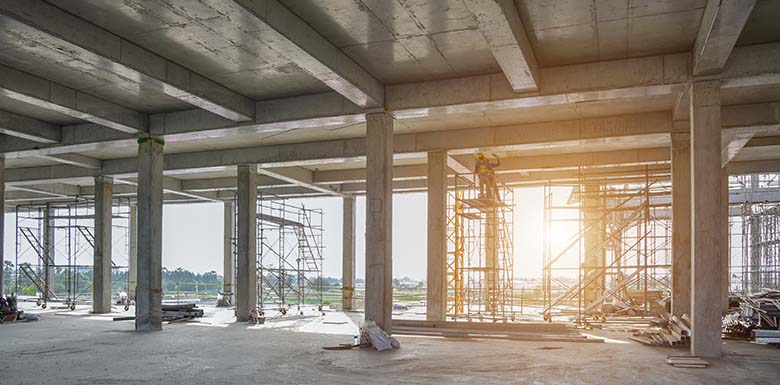Construction is an industry that requires a balance of caution and speed. Many contractors and owners want projects to go quickly. Workers may ignore or sacrifice safety regulations to achieve results to meet timelines, often with deadly results.
In 2021, the New York Department of Buildings issued nearly 1,500 “stop work orders” after seven fatal work accidents in the year’s first five months. The DOB issued more than 3,600 worksite violations. Understanding what SWOs are and how they may apply to your workplace injuries could improve your odds of a third-party liability claim.
What Does a Stop Working Order Do?
A Stop Working Order is a tool designed to halt work until violations are corrected. When DOB inspectors identify unsafe work or conditions, they’ll issue an SWO. SWOs protect workers, residents, property, and the public.
Project executives and managers are notified when SWOs are issued. They’ll be told how to correct the violations so work can resume.
Types of SWOs
Two types of SWOs can be issued: full or partial stop work orders. Under a full SWO, no work is permitted except for the work being done to remedy any violations. In a partial SWO, only some work is prohibited, such as work around a hazard.
What Lifts a SWO?
SWOs can be lifted after all the violations are corrected. Larger projects will need to correct any outstanding Environmental Control Board violations. The work site will need to be reinspected. If there are any outstanding penalties, those will need to be lifted as well. Once these matters are handled, the agency that issued the SWO can rescind it.
Are There Penalties for Ignoring a SWO?
For the first violation of a stop work order, a group will be fined $6,000. Any subsequent offense will cost them $12,000. There could also be additional civil penalties.
What Happens if You’re Hurt During a SWO?
If you’re a construction worker on a site with an SWO, you should be mindful of the ramifications of the order. Most of the work on the site should be stopped unless you’re working to address the violation. If your manager expects you to work in dangerous conditions, you could sue them if you’re hurt.
SWOs are intended to reduce workplace injuries and deaths, especially the “Big Four” of the construction industry. Falls, struck-by incidents, electrocutions, and crushing incidents are the leading sources of worksite fatalities.
Workers’ compensation can cover run-of-the-mill injuries. These benefits can cover medical benefits, lost earnings, and funeral benefits in the case of death.
Third-Party Liability Claims
While workers’ compensation benefits can help, you can pursue a third-party liability claim if your injuries are caused by extreme negligence or someone besides your employer.
These claims can cover your medical bills, lost wages, pain and suffering, emotional distress, disability, disfigurement, reduced quality of life, and reduced earning potential.
These claims are different from workers’ compensation claims. A personal injury lawyer can guide you through the recovery process.
How a NYC Construction Injury Lawyer Can Help
Working on a site with a SWO in effect can be dangerous. A DOB inspector had reason to file a violation against the worksite. If your injury happened when the work should have stopped, your employer or manager could share liability for your damages.
After you’ve been injured on the job, you’ll need help filing a third-party liability claim. A NYC construction accident attorney can help you organize your case, investigate your injury, and document your expenses and losses. They’ll know when to work on a settlement or take the matter to court. You need to work with a lawyer you can trust and one who can help you navigate the recovery process.
Call HKD for Help After a Construction Site Injury
Hecht, Kleeger & Damashek, P.C., is a firm dedicated to helping injured New Yorkers recover after an injury. We’ve helped clients in similar situations recover millions. We understand that construction is a dangerous industry; if left unchecked, workers could be taken advantage of during an SWO. Ignoring stop working orders means people could be hurt.
We want to help you recover after an injury. Give us a call to learn more about SWOs, or to schedule a consultation about your case. We work on a contingency fee basis.
Call (212) 490-5700 or use our online contact form.
